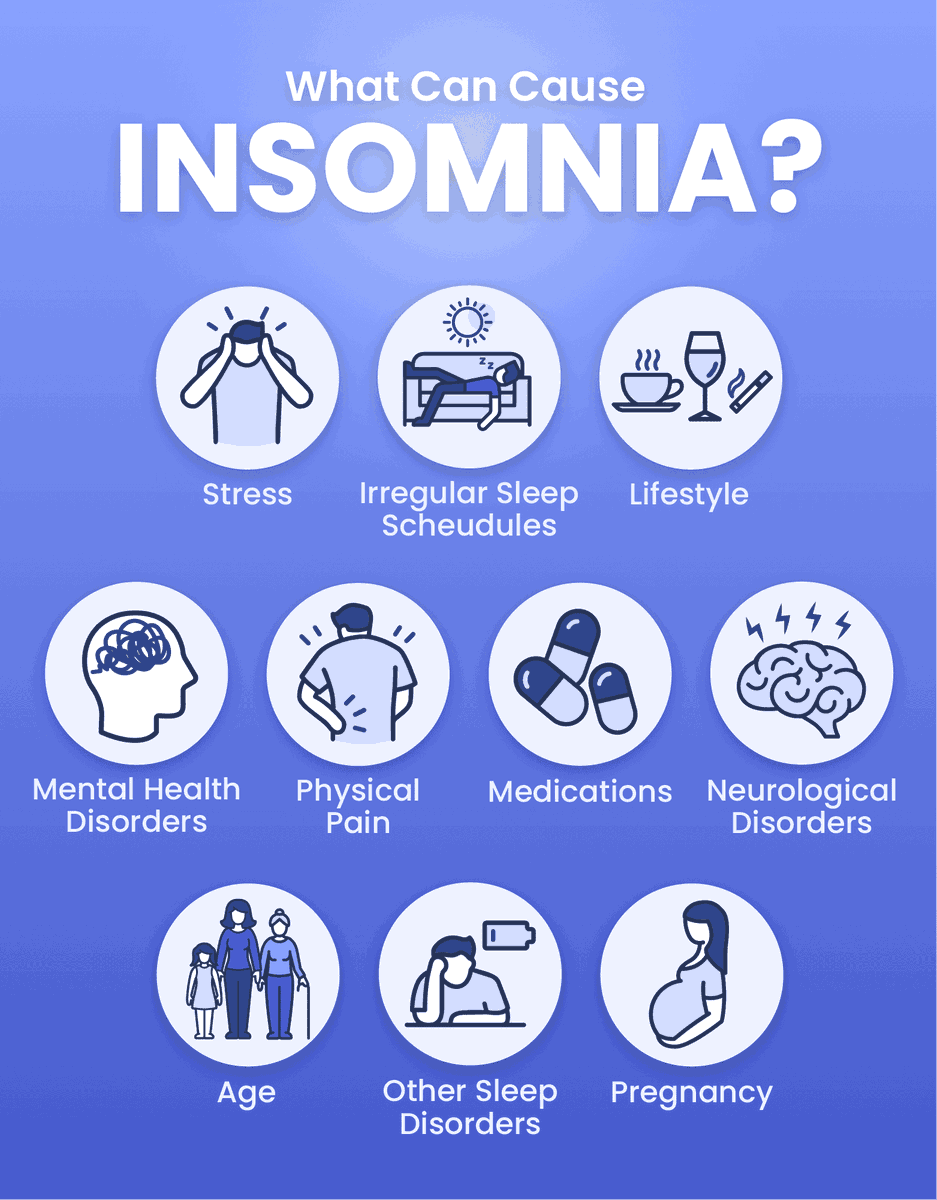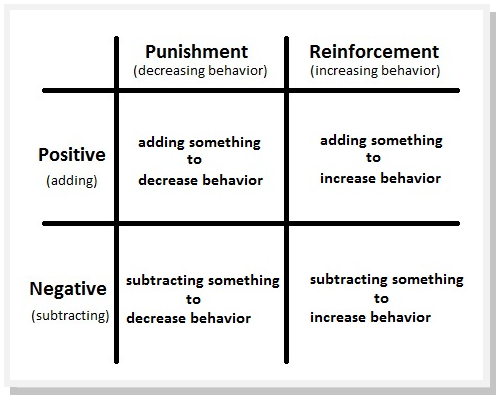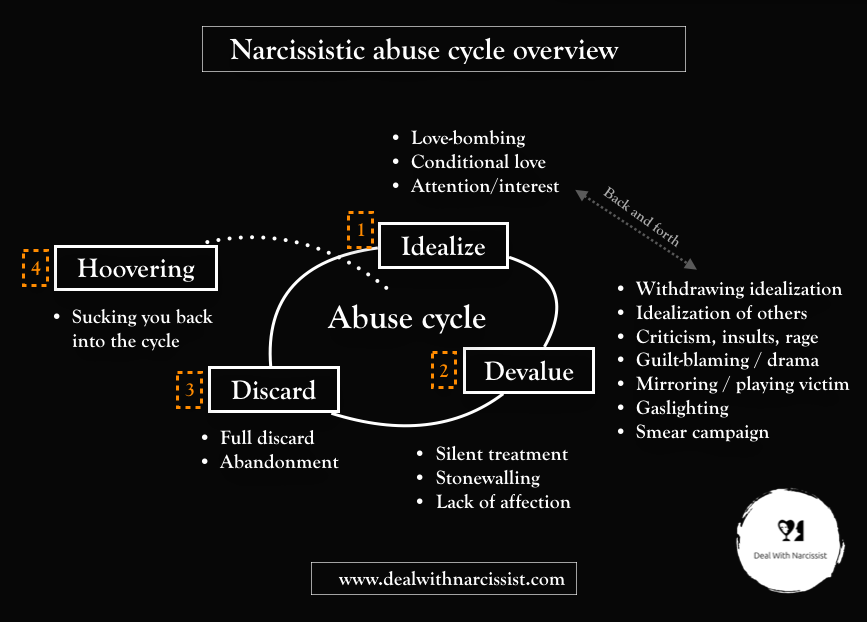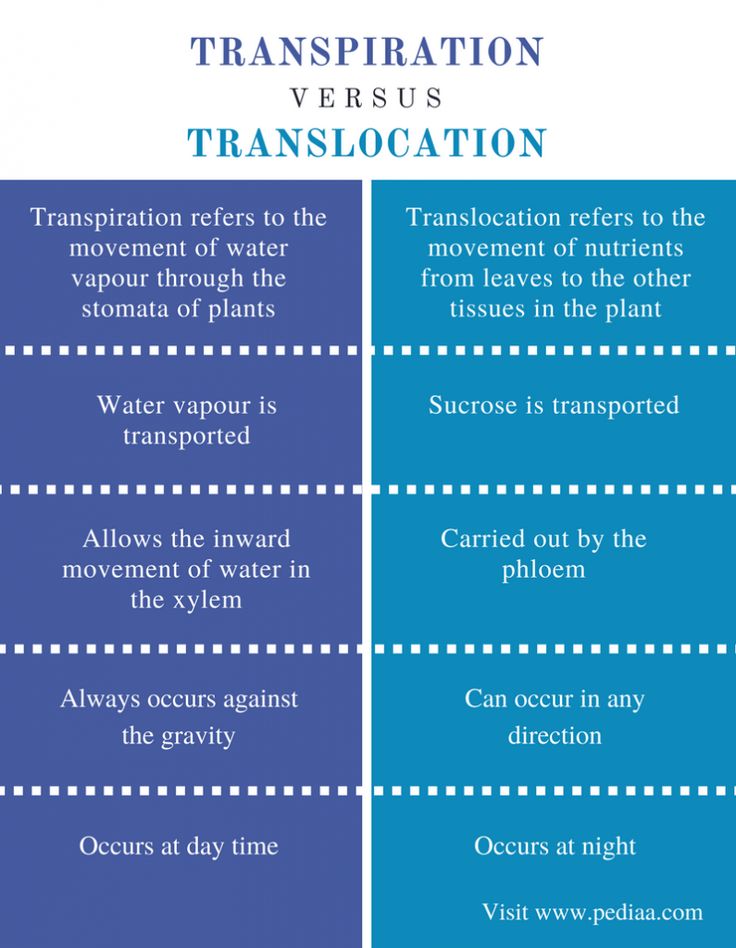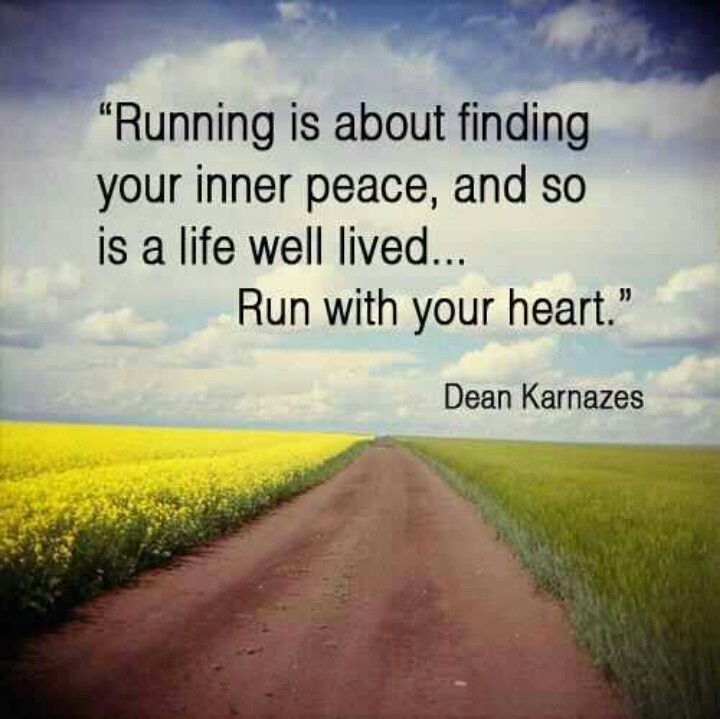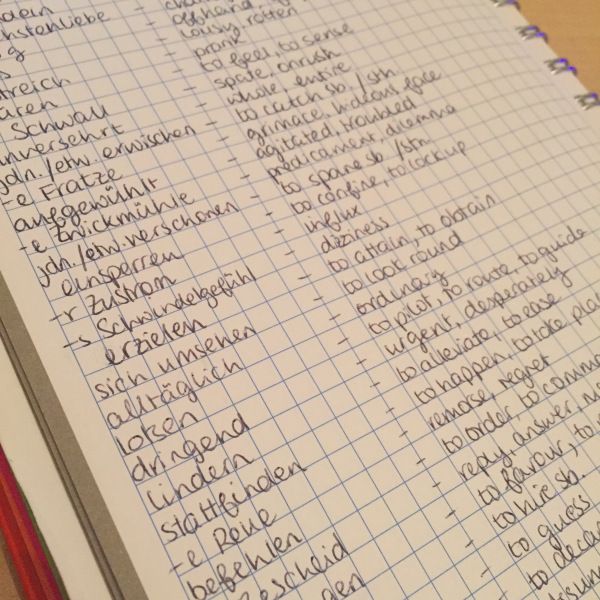Can drinking alcohol cause insomnia
Alcohol & Insomnia: How Alcohol Affects Sleep
When you are getting restful sleep, it’s easy to take sleep for granted. However, if you’ve ever struggled with insomnia, you may have a deeper appreciation for how vital sleep is to your overall health and wellbeing.
In fact, when a person’s sleep is poor, they are at an increased risk for numerous health problems including diabetes, heart disease, depression, and obesity.1 High-quality sleep is vital, and having healthy sleeping habits can help ensure that you get the high-quality sleep that your body needs. Some people consume alcohol at night to unwind or help them feel drowsy. And while alcohol can act as a sedative that slows down brain activity,2 the research suggests alcohol consumption generally has a negative impact on sleep quality. In fact, between 35 and 70% of individuals who use alcohol have insomnia.
3 It may seem surprising, considering that alcohol is a depressant, yet alcohol is known to interfere with fundamental aspects of sleep quality.
What is Insomnia?
Generally speaking, insomnia is defined as either a problem falling asleep, staying asleep, or waking up early and being unable to get back to sleep. The loss of sleep is enough to cause problems in day-to-day life and is occurring at least 3 nights per week for over 3 months.5
Insomnia is a common problem and the most common of all sleep disorders, with an estimated one-third of American adults reporting insomnia symptoms.5 Estimates suggest that almost 10% of people in the United States struggle with short-term insomnia. And of those, around 20% will develop chronic insomnia which can last for years.4
And not sleeping enough carries significant consequences, risks, and can even be potentially dangerous. Decreased attention and concentration as a lack of sleep is common, and persistent insomnia is associated with an increased risk of depression, hypertension, and heart attacks. Those with insomnia may miss work, have reduced productivity, and an overall reduced quality of life.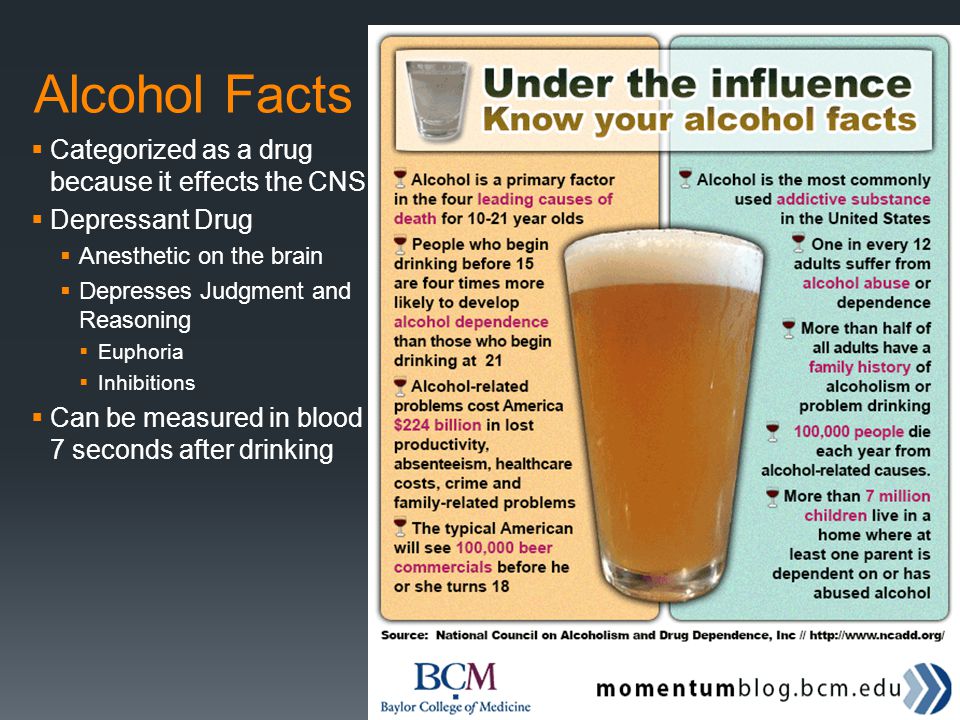
If a person is tired due to insomnia, they are also at increased risk for accidents. One study found that people with insomnia had more than a 20% risk of an accident in their home over the past year, over a 10% risk of a work-related accident, 9% fell asleep while driving, and over 4% had a car accident related to their insomnia.6
As such, people with insomnia often try to self-treat the condition. An estimated 15% to 30% of people report drinking to manage insomnia. While alcohol can initially cause sedation, over time, alcohol causes major disruptions in the quality of sleep.
Can Alcohol Cause Insomnia?
As previously mentioned, alcohol can indeed both promote and hinder sleep. Research suggests that alcohol’s negative impact on sleep varies and is dose related. Indeed, a growing number of studies demonstrate an association between alcohol dependence and sleep-related disorders like insomnia. The prevalence of insomnia for those struggling with alcohol dependence is estimated to run between 36% and 91%, which is well above average.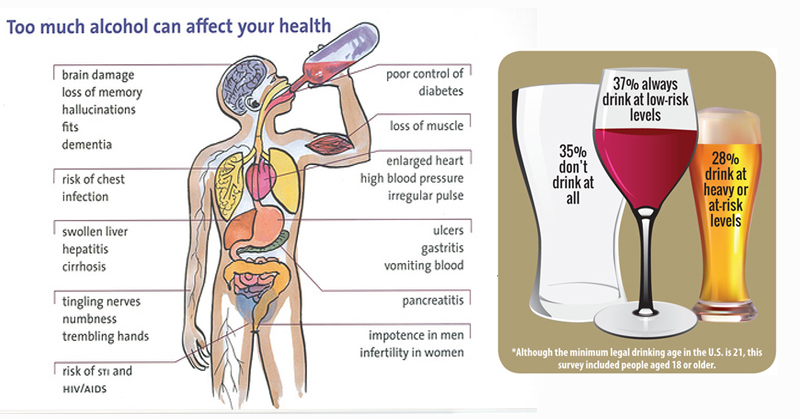 9 Research has also associated binge drinking with disrupted sleep. Specific brain cells in the forebrain promote a state of wakefulness. Alcohol appears to inhibit neurotransmitters that activate these brain cells. This can disturb the whole sleep-wake cycle, disrupting sleep and potentially predisposing a person to insomnia.10
9 Research has also associated binge drinking with disrupted sleep. Specific brain cells in the forebrain promote a state of wakefulness. Alcohol appears to inhibit neurotransmitters that activate these brain cells. This can disturb the whole sleep-wake cycle, disrupting sleep and potentially predisposing a person to insomnia.10
Alcohol’s Effects on REM Sleep
Sleep has two basic types: rapid eye movement (REM) sleep and non-REM sleep.11 Alcohol consumption has been shown to potentially disrupt virtually all aspects of sleep, including both REM and non-REM sleep.3
Although the research is a bit unclear and the results mixed, use of alcohol appears to decrease REM sleep overall. In general, research shows reduced quality of sleep with long-term alcohol use. These sleep quality issues can continue for months or years upon discontinuation of alcohol use, but may improve over time with abstinence.3
Why Does Alcohol Make Me Sleepy?
Since alcohol has sedating effects, it can make people feel sleepy.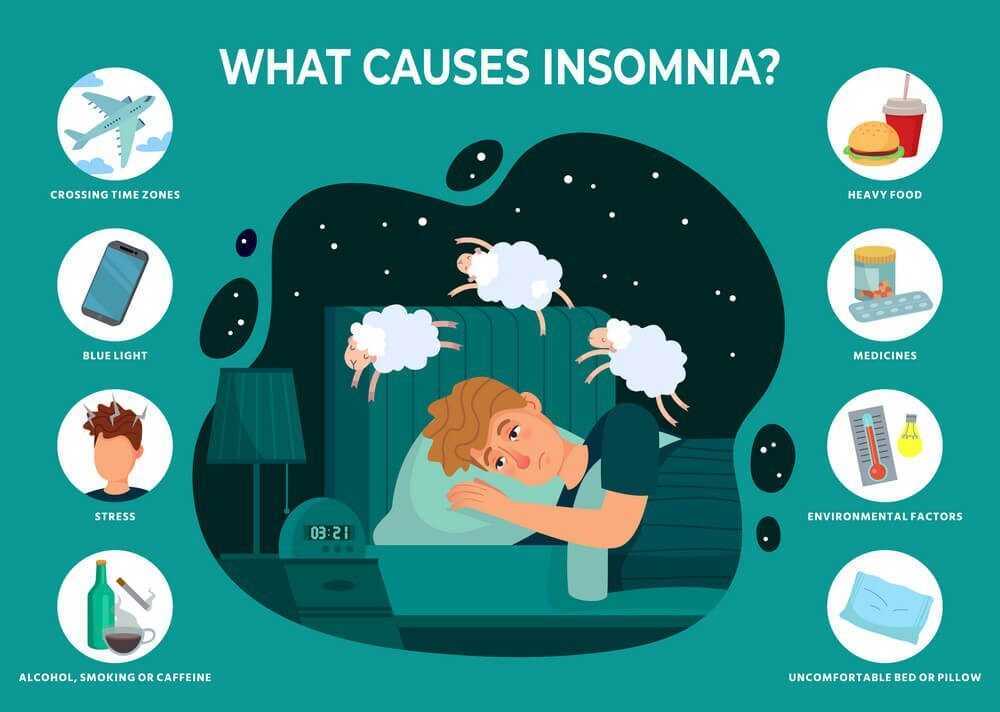 One of the main effects of alcohol is on enhancing the function of the neurotransmitter gamma-aminobutyric acid (GABA), the body’s main inhibitory neurotransmitter.2 In basic words, GABA slows everything down. This slowing of brain activity can contribute to a sense of tiredness, making a person feel more sleepy.
One of the main effects of alcohol is on enhancing the function of the neurotransmitter gamma-aminobutyric acid (GABA), the body’s main inhibitory neurotransmitter.2 In basic words, GABA slows everything down. This slowing of brain activity can contribute to a sense of tiredness, making a person feel more sleepy.
And while this may seem like a reason to use alcohol to manage insomnia, with continued use, you quickly develop a tolerance to alcohol’s sedating effects.7 This rapid development of tolerance is associated with increased self-administration of alcohol before bedtime, which could potentially escalate to an alcohol use disorder.
How Does Alcohol Withdrawal Affect Sleep?
For people struggling with alcohol dependence, insomnia and disturbed sleep are a common symptom of withdrawal. Estimates suggest between 36 and 72% of people in withdrawal from alcohol have insomnia. During withdrawal and recovery, it is harder to fall asleep and total sleep time decreases. Deep sleep is also reduced. Problems with sleep can continue for months or longer for some patients as they recover from chronic alcohol dependence.12
Deep sleep is also reduced. Problems with sleep can continue for months or longer for some patients as they recover from chronic alcohol dependence.12
FAQs Regarding Insomnia & Alcohol Use
Sources- Centers for Disease Control and Prevention. (2017). Sleep and Sleep Disorders: Data and Statistics.
- Wallner, M., & Olsen, R. W. (2008). Physiology and pharmacology of alcohol: the imidazobenzodiazepine alcohol antagonist site on subtypes of GABAA receptors as an opportunity for drug development? British journal of pharmacology, 154(2), 288–298.
- Angarita, G. A., Emadi, N., Hodges, S., & Morgan, P. T. (2016). Sleep abnormalities associated with alcohol, cannabis, cocaine, and opiate use: a comprehensive review. Addiction science & clinical practice, 11(1), 9.
- Dopheide J. A. (2020). Insomnia overview: epidemiology, pathophysiology, diagnosis and monitoring, and nonpharmacologic therapy.
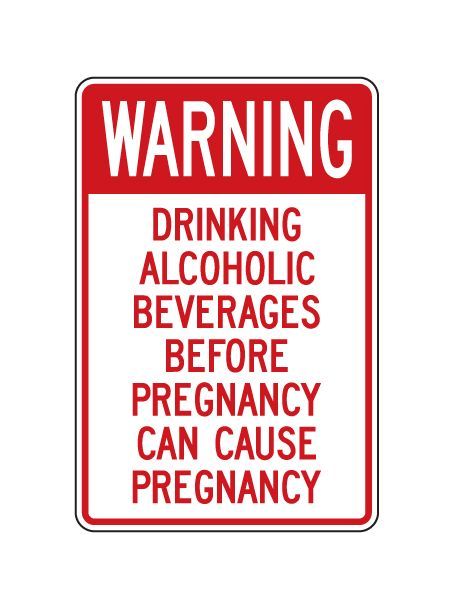 The American journal of managed care, 26(4 Suppl), S76–S84.
The American journal of managed care, 26(4 Suppl), S76–S84. - American Psychiatric Association. (2013). Diagnostic and statistical manual of mental disorders (5th ed.).
- https://www.ajmc.com/view/insomnia-overview-epidemiology-pathophysiology-diagnosis-and-monitoring-and-nonpharmacologic-therapy
- Léger, D., Bayon, V., Ohayon, M. M., Philip, P., Ement, P., Metlaine, A., Chennaoui, M., & Faraut, B. (2014). Insomnia and accidents: cross-sectional study (EQUINOX) on sleep-related home, work and car accidents in 5293 subjects with insomnia from 10 countries. Journal of sleep research, 23(2), 143–152.
- https://www.ajmc.com/view/insomnia-overview-epidemiology-pathophysiology-diagnosis-and-monitoring-and-nonpharmacologic-therapy
- Roehrs, T., & Roth, T. (2018). Insomnia as a path to alcoholism: tolerance development and dose escalation. Sleep, 41(8), zsy091.
- https://www.ncbi.nlm.nih.
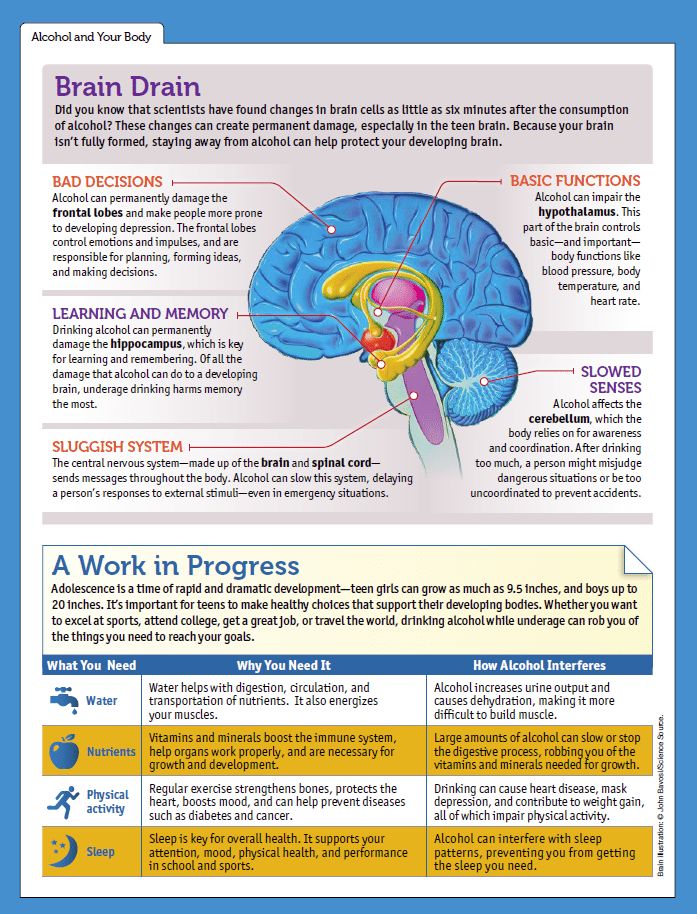 gov/pmc/articles/PMC2775419/
gov/pmc/articles/PMC2775419/ - Chakravorty, S., Chaudhary, N. S., & Brower, K. J. (2016). Alcohol Dependence and Its Relationship With Insomnia and Other Sleep Disorders. Alcoholism, clinical and experimental research, 40(11), 2271–2282.
- Thakkar, M. M., Sharma, R., & Sahota, P. (2015). Alcohol disrupts sleep homeostasis. Alcohol (Fayetteville, N.Y.), 49(4), 299–310.
- National Institutes of Health (August 13, 2019). Brain Basics: Understanding Sleep.
- Kolla, B. P., Mansukhani, M. P., & Schneekloth, T. (2011). Pharmacological treatment of insomnia in alcohol recovery: a systematic review. Alcohol and alcoholism (Oxford, Oxfordshire), 46(5), 578–585.
- Pietilä, J., Helander, E., Korhonen, I., Myllymäki, T., Kujala, U. M., & Lindholm, H. (2018). Acute Effect of Alcohol Intake on Cardiovascular Autonomic Regulation During the First Hours of Sleep in a Large Real-World Sample of Finnish Employees: Observational Study.
 JMIR mental health, 5(1), e23.
JMIR mental health, 5(1), e23. - Burgos-Sanchez, C., Jones, N. N., Avillion, M., Gibson, S. J., Patel, J. A., Neighbors, J., Zaghi, S., & Camacho, M. (2020). Impact of Alcohol Consumption on Snoring and Sleep Apnea: A Systematic Review and Meta-analysis. Otolaryngology–head and neck surgery : official journal of American Academy of Otolaryngology-Head and Neck Surgery, 163(6), 1078–1086.
- Brower, K. J., Wojnar, M., Sliwerska, E., Armitage, R., & Burmeister, M. (2012). PER3 polymorphism and insomnia severity in alcohol dependence. Sleep, 35(4), 571–577.
- Guo, Y., Hu, H., Liu, Y., Leng, Y., Gao, X., Cui, Q., Chen, J., Geng, B., & Zhou, Y. (2018). Gender differences in the relationship between alcohol consumption and insomnia in the northern Chinese population. PloS one, 13(12), e0207392. https://doi.org/10.1371/journal.pone.0207392
- Rognmo, K., Bergvik, S., Rosenvinge, J. H., Bratlid, K. L.
 , & Friborg, O. (2019). Gender differences in the bidirectional relationship between alcohol consumption and sleeplessness: the Tromsø study. BMC public health, 19(1), 444. https://doi.org/10.1186/s12889-019-6801-6
, & Friborg, O. (2019). Gender differences in the bidirectional relationship between alcohol consumption and sleeplessness: the Tromsø study. BMC public health, 19(1), 444. https://doi.org/10.1186/s12889-019-6801-6 - Roehrs, T., & Roth, T. (2001). Sleep, sleepiness, and alcohol use. Alcohol research & health : the journal of the National Institute on Alcohol Abuse and Alcoholism, 25(2), 101–109.
What’s the Link? I Psych Central
Alcohol use can impact the quality of your sleep, and research confirms there’s a link between alcohol use and insomnia.
Many of us find ourselves tossing and turning at night, trying to get that elusive 7 to 8 hours of sleep experts say we need but never finding it.
If you’re turning to alcohol to help you sleep, you may be making the quality of your sleep worse.
Healthy sleep is essential for your well-being. It’s just as important as a nutritious diet and regular exercise. While you snooze, many parts of your body get a chance to reset.
But what if you have trouble falling and staying asleep? Can alcohol help you get a good night’s sleep?
Though alcohol can have a sedative effect, it has also been linked to sleep disorders like insomnia. If you’re having trouble falling or staying asleep, alcohol consumption could be a contributing factor.
Drinking alcohol can affect the quality and length of your sleep, leading to sleep disorders — such as insomnia and sleep apnea — in some.
This happens because alcohol disrupts sleep cycles.
When you fall asleep, your mind journeys through a series of events that repeat in cycles. There are four stages of sleep that cycle in a 7- to 8-hour sleeping period:
- Stage 1 (N1): A non-REM sleep phase that occurs within the first 1 to 7 minutes of nodding off. You might may still be somewhat alert, but your heart rate and breathing begin to slow down.
- Stage 2 (N2): A non-REM sleep phase that lasts for roughly 25 minutes and idles somewhere between light and deep sleep.
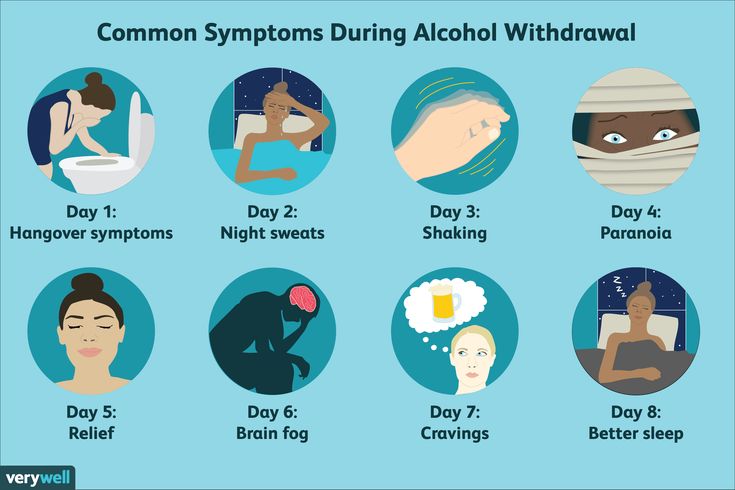 During this time, there’s a burst of electrical activity in the brain.
During this time, there’s a burst of electrical activity in the brain. - Stage 3 (N3): A deeper level of non-REM sleep where brain waves slow down. This causes physical activity, such as eye movement and muscle activity, to decrease. Lasting for 20 to 40 minutes, this stage is where many vital body functions occur, including tissue repair. This is the point in the sleep cycle where waking is the most difficult and you may feel groggy if woken abruptly.
- Stage 4 (REM): REM stands for rapid eye movement. The REM stage can last between 10 minutes and one hour. It’s an essential stage for long-term memory storage and it may be when dreaming occurs.
These four stages make up a sleep cycle that lasts for roughly 90 minutes. In a typical night’s sleep, you may go through four to six sleep cycles.
Following alcohol consumption, REM sleep is inhibited.
Alcohol can increase the quantity of non-REM sleep during the first half of the night, but it decreases REM sleep in the second half.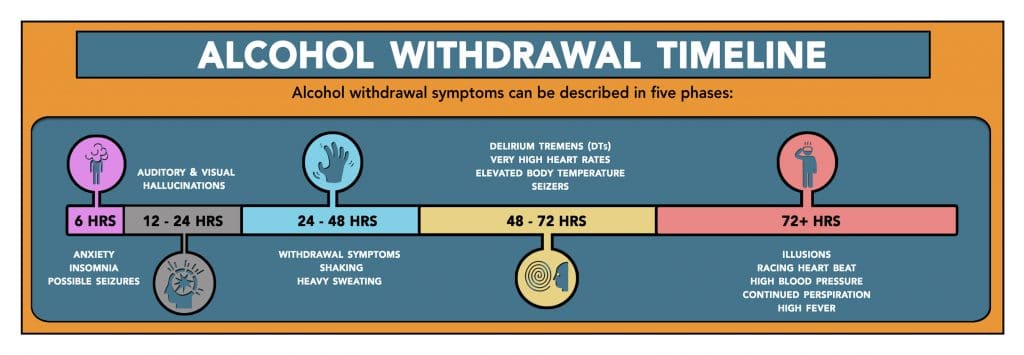
During the final hours of sleep when alcohol is metabolized by the body, it can have a disruptive effect on sleep, causing frequent waking and fragmented sleep. Ultimately, alcohol can decrease the amount and quality of sleep you get.
Alcohol is a somnogen — a substance that induces sleepiness. It can have a relaxing effect, but research shows that too much alcohol can lead to a lack of sleep or insomnia.
The link between alcohol consumption and sleep impairment is especially prominent among older adults. Researchers discourage older adults — particularly men — from using alcohol as a sleep aid.
Older men who consume alcohol are more likely to have a worse sleep profile, characterized by waking tired and waking several times during the night.
The effects of alcohol on sleep continue into the day. Sleep deprivation due to alcohol consumption can exacerbate performance impairment and daytime sleepiness.
Consuming alcohol and experiencing restricted sleep reduces alertness during the day.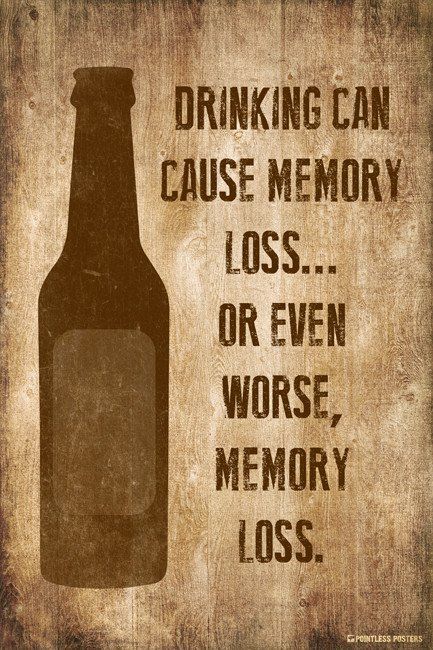
Will a small amount of alcohol affect my sleep?
The effects of alcohol usually increase as you consume more. However, even small amounts of alcohol can have noticeable effects in some people.
Consuming two servings of alcohol per day for men and one serving for women can reduce sleep quality by 9.3%.
Is insomnia a side effect of alcohol?
Alcohol can have a sedative or stimulant effect depending on the dose and the time between drinking and bedtime. Some people who drink frequently develop a tolerance to the sedative effects of alcohol.
Dependence on alcohol is associated with a higher rate of sleep disturbance and insomnia. An estimated 36% to 67% of people with alcohol dependency experience insomnia.
How do I get a good night’s sleep after drinking?
If you’re worried that drinking in social situations or having a glass of wine with your dinner will impede your chances of getting a good night’s rest, here are some tips to improve your sleep:
- Practice meditation and mindfulness.
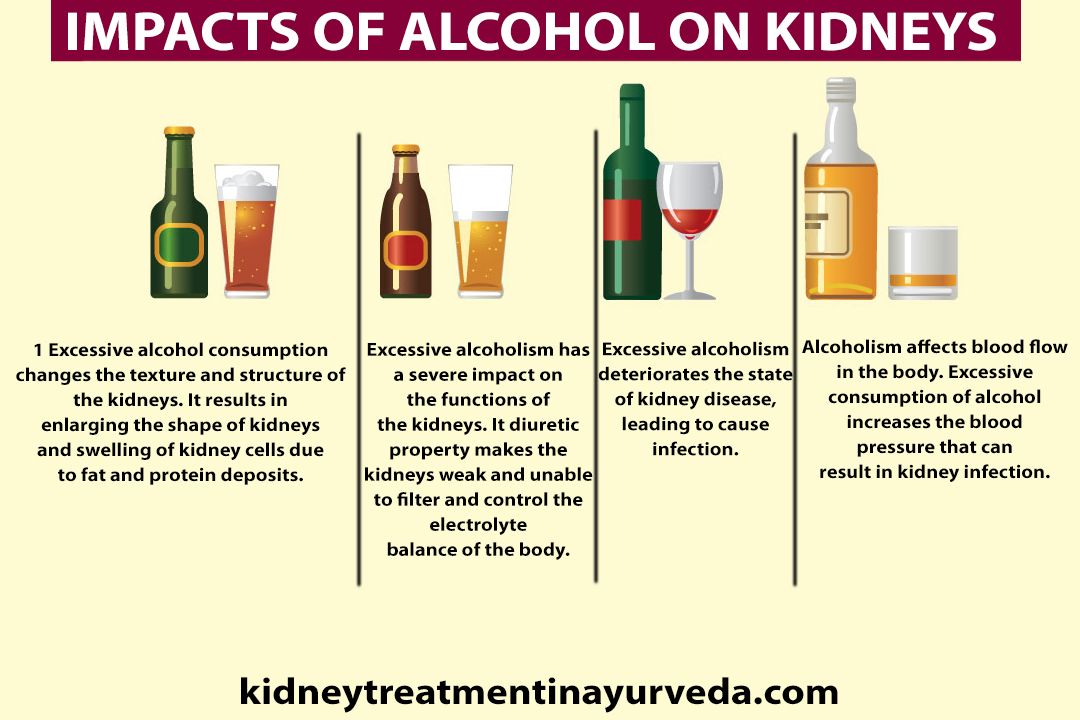 Training the brain and body to relax can help alleviate stress and anxiety, which may help improve sleep problems that are sometimes managed with alcohol use.
Training the brain and body to relax can help alleviate stress and anxiety, which may help improve sleep problems that are sometimes managed with alcohol use. - Limit alcohol consumption in the evenings. Late afternoon drinking or drinking within 6 hours of bedtime can disrupt sleep.
- Improve sleep hygiene. Setting and sticking to a regular sleep schedule can improve sleeping patterns over time. It may be helpful to try to fall asleep and wake up at the same time every day. This helps reinforce the circadian rhythm.
- Limit screen time at night. The blue light emitted from your devices may interfere with your natural sleep-wake cycle. In the hours before bedtime, exposure to screens may make it more difficult to fall asleep and feel rested in the morning. Consider reading a book before bed to minimize screen time.
- Take natural sleep supplements. If insomnia is keeping you awake and you rely on alcohol to help you fall asleep, natural sleep supplements may be a helpful alternative.
Melatonin, GABA, CBD, valerian root, and L-theanine are commonly used to improve insomnia and disrupted sleep.
Does alcohol help you sleep?
Being a sedative and depressant of the central nervous system, alcohol can increase feelings of tiredness and sluggishness. One of the side effects of alcohol is drowsiness, so it can make you fall asleep quickly.
Some people may resort to drinking alcohol as a sleep aid or agent that initiates sleep.
While alcohol can help you fall asleep, it does not help you stay asleep during the later hours of the night. It may increase the likelihood of waking up in the middle of the night, resulting in grogginess the next morning.
Drinking in moderation is generally considered safe. However, everyone responds to alcohol differently. Alcohol has been shown to negatively impact sleep, but this comes down to the individual.
Though alcohol may help you fall asleep faster, it can disrupt the important REM stage of your sleep cycle, leading to lack of sleep or sleep disorders like insomnia.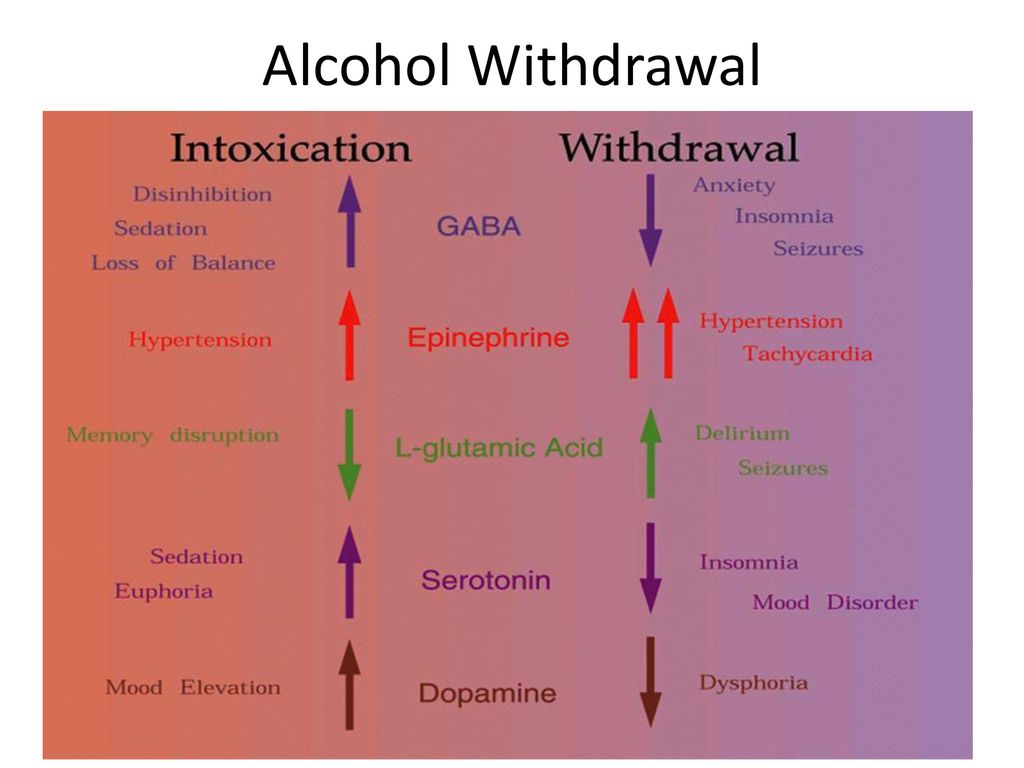
If you’re experiencing disrupted sleep due to alcohol use, these resources may be helpful:
- Society of Behavioral Sleep Medicine
- American Academy of Sleep Medicine
- American Sleep Association
- SAMHSA National Helpline
If you think you may have a sleep problem or disorder, consider taking our brief sleep quiz to find out. Remember that only a healthcare professional or sleep specialist can diagnose a sleep condition.
Scientists: sleep after drinking is not full
Subscribe to our newsletter "Context": it will help you understand the events.
Image caption,Alcohol interferes with various stages of sleep
There is scientific evidence that drinking alcohol at night can help you fall asleep, but it also disrupts your natural sleep-wake cycles. nine0016
According to the London Sleep Centre, alcohol reduces the duration of falling asleep and induces deep sleep. However, the cycle of "REM" sleep, during which dreams appear and which is essential for recuperation, suffers.
Prolonged alcohol abuse can lead to insomnia.
Until recently, a dose of alcohol before bedtime was not considered so dangerous - patients in nursing homes and hospitals were sometimes even offered to drink alcohol at night. nine0005
According to Dr. Irshad Ebraim, Medical Director of the London Sleep Centre, people who drink before bed are at great risk.
"A glass or two can help you fall asleep in the short term, but if it becomes a habit it can lead to serious sleep problems," he warns.
"If alcohol cannot be avoided, it is better to drink two hours before bedtime, because during this time the effect of alcohol weakens," the scientist believes.
But this is a dangerous business, because alcohol not only causes a habit, but also leads to the suppression of natural rhythms in the activity of the brain, which accompany dreams and are a condition for a good sleep. nine0005 Photo caption,
nine0005 Photo caption,
Alcohol-related breathing problems can be dangerous
Skip the Podcast and continue reading.
Podcast
What was that?
We quickly, simply and clearly explain what happened, why it's important and what's next.
episodes
The end of the story Podcast
In addition, alcohol causes breathing problems. As a result, people begin to suffer from snoring, and chronic snoring can lead to a dangerous violation of the rhythm of breathing and even stopping it. This condition is called apnea. nine0005
Based on a detailed study of 20 cases, Dr. Ebraim and his colleagues concluded that alcohol affects three aspects of sleep.
First, alcohol speeds up falling asleep. Secondly, it induces very deep sleep. These symptoms closely resemble the abnormalities seen among patients taking antidepressants.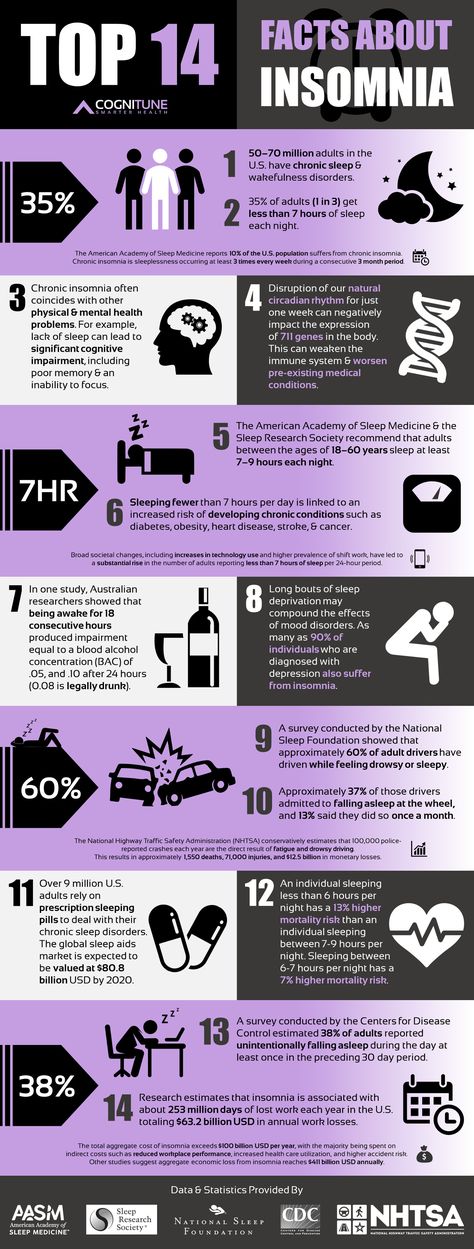
This may explain the attraction of alcohol to many insomniacs.
However, there is a third aspect of sleep that is disturbed by alcohol later, during the rapid eye movement phase. This is the so-called "rapid" stage of sleep, which is the most productive for rest and restoration of normal psychophysiological activity of a person. nine0005
Alcohol-induced disturbances of this stage of sleep have been known for a long time. However, for the first time, the experimental data of observations were brought together and published in an article in the journal Alcoholism: Clinical & Experimental Research.
Chris Idzikowski, director of the Edinburgh Sleep Centre, believes that alcohol in general cannot serve as a sleep aid: "Sleep under the influence of alcohol can be deep in its initial stages, but then becomes broken. In addition, such deep sleep can cause snoring and stop breathing." nine0005
Causes of insomnia after drinking and how to eliminate it
Almost every person in his life faced with the fact that he could not fall asleep.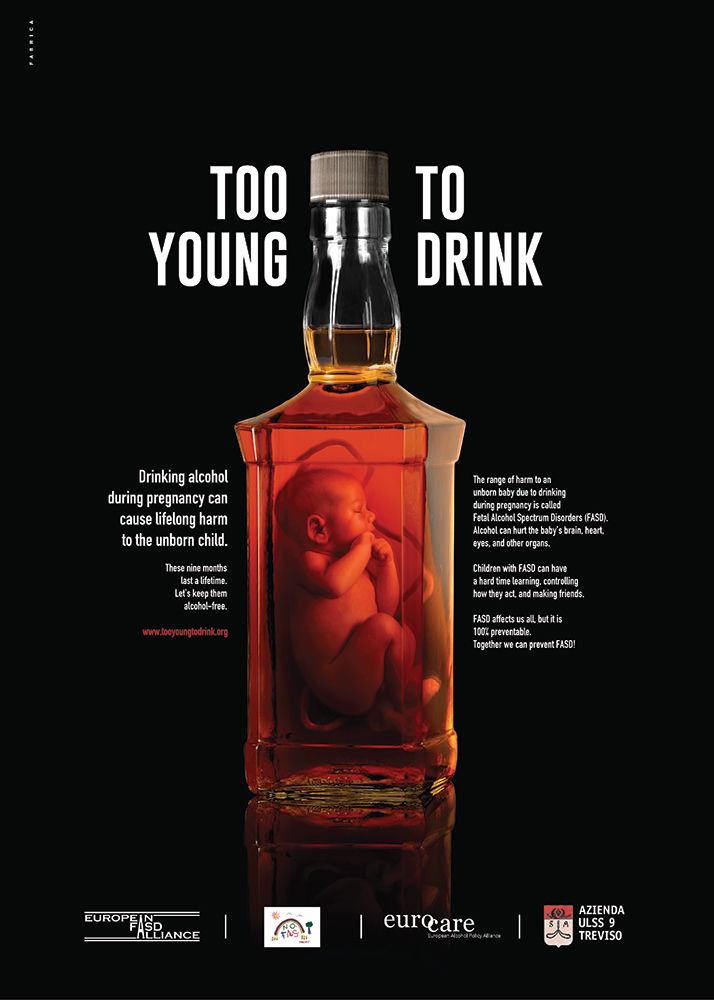 A similar problem usually occurs for various physiological or psychological reasons. This condition is also caused by the intake of alcoholic beverages. Sleep does not come due to the negative effects of ethanol on the central nervous system, because this substance has an extremely negative effect on its work.
A similar problem usually occurs for various physiological or psychological reasons. This condition is also caused by the intake of alcoholic beverages. Sleep does not come due to the negative effects of ethanol on the central nervous system, because this substance has an extremely negative effect on its work.
After drinking alcohol, especially if a person drinks chronically and binge drinking, insomnia becomes a frequent companion. People in such situations feel exhausted, tired, lethargic and simply cannot fall asleep normally. Insomnia after drinking can last up to a week. It is accompanied by the occurrence of depressive states, fear, apathy, increased anxiety. nine0005
In severe clinical cases, hallucinations and neuroses may even appear. Against the background of a pathological long-term condition, cases of suicide are not uncommon. You can solve the problem with the help of medical and folk methods, which we will discuss in the article.
Why does insomnia appear after drinking?
Why does insomnia often torment people after drinking? Alcohol causes certain disorders in the human body.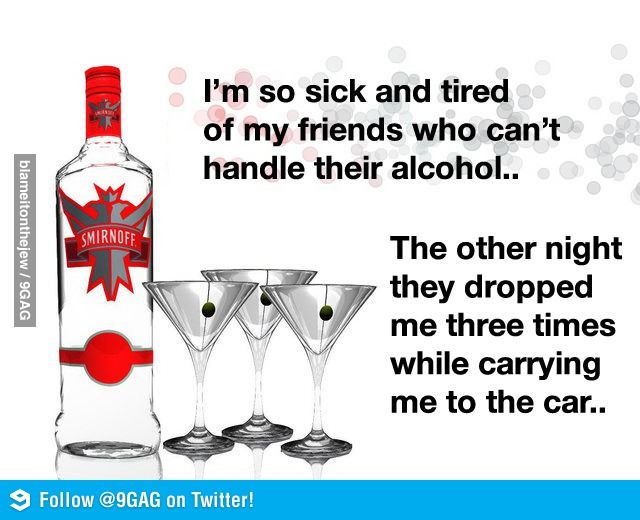 Ethanol has an extremely negative effect on circadian rhythms, the functioning of the liver, heart, and central nervous system. For the full complex recovery, it is necessary that during the night non-REM sleep passes into the REM phase three to four times. With prolonged drinking, a person often loses this rhythm and sleep becomes short and intermittent. It has been scientifically proven that the body rests and gains energy for its work just the same during the long sleep phase. Among other things, it can occur against the background of sleep disorders:
Ethanol has an extremely negative effect on circadian rhythms, the functioning of the liver, heart, and central nervous system. For the full complex recovery, it is necessary that during the night non-REM sleep passes into the REM phase three to four times. With prolonged drinking, a person often loses this rhythm and sleep becomes short and intermittent. It has been scientifically proven that the body rests and gains energy for its work just the same during the long sleep phase. Among other things, it can occur against the background of sleep disorders:
- Hypertension;
- Palpitations;
- Systemic headaches; nine0078
- Hallucinations;
- Apathy;
- Feeling tired.
The person looks tired, gets tired quickly, experiences depression. In especially severe clinical cases, it may be necessary to contact psychologists and somnologists. Some chronic diseases may also become aggravated. It seems that alcohol can be a great alternative to sleeping pills.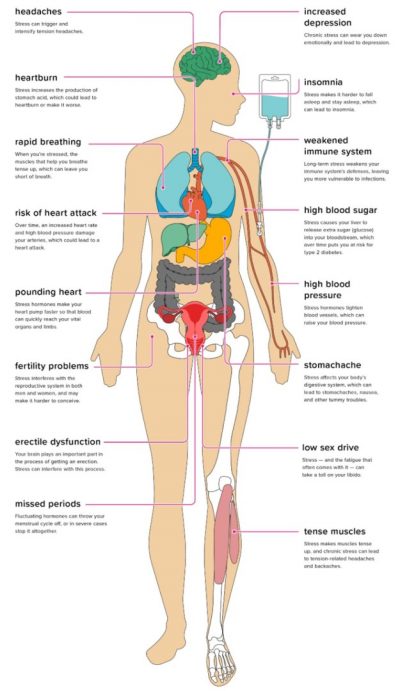 And this statement is not without meaning, since about fifty grams of strong alcohol hypothetically helps to relax and fall asleep in the future. nine0005
And this statement is not without meaning, since about fifty grams of strong alcohol hypothetically helps to relax and fall asleep in the future. nine0005
In large doses, alcoholic beverages do exactly the opposite. They excite receptors in the brain and as a result, even after falling asleep, a person’s sleep becomes intermittent and short. Awakening does not bring vivacity and a boost of energy, so after taking a large dose of alcohol one feels overwhelmed. It is dangerous to drink alcohol in the presence of diseases such as pathological snoring and sleep apnea, as this can even lead to death caused by respiratory arrest. nine0005
Types of insomnia caused by alcohol
What to do with insomnia after drinking? First of all, you should understand what is happening with the body and determine the type of insomnia. In clinical somnology, there are several types of such a pathological condition, which can be stopped with the help of medications.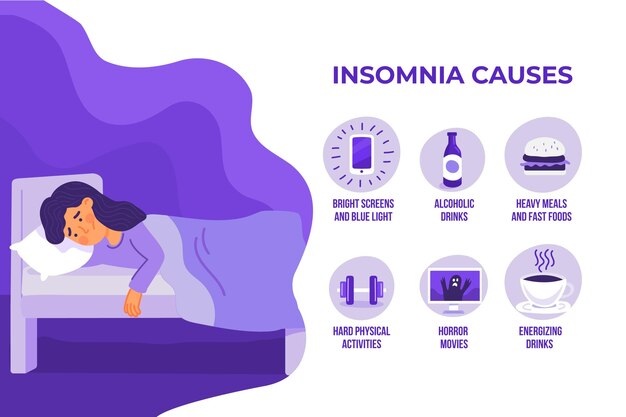 It should be noted that there are the following types of insomnia, such as:
It should be noted that there are the following types of insomnia, such as:
- Short-term problems with falling asleep. A person cannot fall asleep for a long time, complains of myalgia, muscle twitches, headaches, increased anxiety, tachycardia; nine0078
- Complete insomnia. It can occur against the background of psychosomatic conditions and long, prolonged binges;
- Restless sleep. After drinking alcohol, a person often wakes up and cannot fall asleep for a long time.
How to deal with insomnia after drinking? You can contact medical specialists who will select a program detoxification of the body along with the appointment of sedatives that improve sleep. At home, it is worth trying some types of folk remedies that will not harm the body. nine0005
It is better not to experiment and, if possible, consult a doctor about taking medications. For example, it is not recommended to take drugs such as Corvalol or Valocordin a couple of hours after drinking alcohol, as serious toxic damage to liver tissues can occur.
Will improve sleep, avoid alcohol and restore the body. You can use a contrast shower, alternating warm and hot water. After about 10 minutes of taking a shower, relief is felt. nine0073 Violation of water balance should be eliminated by consuming at least one and a half to two liters of water per day. It is necessary to pay attention to the diet, leaning on drinks in the form of not only water, but also kvass, milk, mineral water, kefir. As a good absorbent, activated charcoal should be used at the rate of one tablet per ten kilograms of live weight. Other enterosorbents, such as Enterosgel, can also help remove toxins.
What drugs can be used to regulate sleep? nine0071
Unless it's a matter of long binges, when medication is required, then it's not difficult to fight insomnia, especially if it occurs with a hangover when drinking alcoholic drinks. How to get rid of insomnia after drinking? First of all, you need to take care of stopping the condition, removing the withdrawal syndrome and complex detoxification of the body. Usually, after drinking a lot of alcohol, your head hurts a lot. You can eliminate unpleasant pain with the help of the following medicines, such as:
Usually, after drinking a lot of alcohol, your head hurts a lot. You can eliminate unpleasant pain with the help of the following medicines, such as:
- Analgin;
- Ketorol;
- Zorex;
- Mexidol;
- Aspirin.
Such a way to eliminate pain as taking Citramon or Paracetamol is not applicable, since these drugs negatively affect the state of the liver, which already suffers from the toxic effect of ethyl alcohol. When treating with extreme caution and only as prescribed by a doctor, sedatives hypnotics should be used. Especially this rule applies to drugs Elenium, Diphenhydramine, Valium Roche. There are more gentle analogues that improve sleep, and these are the following types of medicines:
- Motherwort tincture;
- Glycine;
- Novopassit;
- Valerian tincture;
- Biotredin.
These medicines are actually harmless, inexpensive and quite effective. To stabilize the work of the central nervous system, they should be used before bedtime. The therapeutic effect can be felt within a couple of days after use. At the same time, it should be noted that the effect of drugs is cumulative character. It is necessary to indicate recommendations when taking medications:
To stabilize the work of the central nervous system, they should be used before bedtime. The therapeutic effect can be felt within a couple of days after use. At the same time, it should be noted that the effect of drugs is cumulative character. It is necessary to indicate recommendations when taking medications:
- You should first stop taking alcoholic beverages and conduct a comprehensive detoxification of the body;
- Do not take hypnotics and sedatives together at the same time;
- Follow all medical advice and prescriptions from your doctor.
It is important to say that often people neglect the rules of detoxification. For example, a person begins to use activated charcoal in unlimited quantities, believing that it is completely harmless. This is not entirely true. Enterosorbents, including activated charcoal takes away not only harmful substances and toxins formed during the breakdown of ethyl alcohol, but also vitamins, along with micro- and macroelements, which can lead to at least the appearance of a bacterial imbalance in the intestines.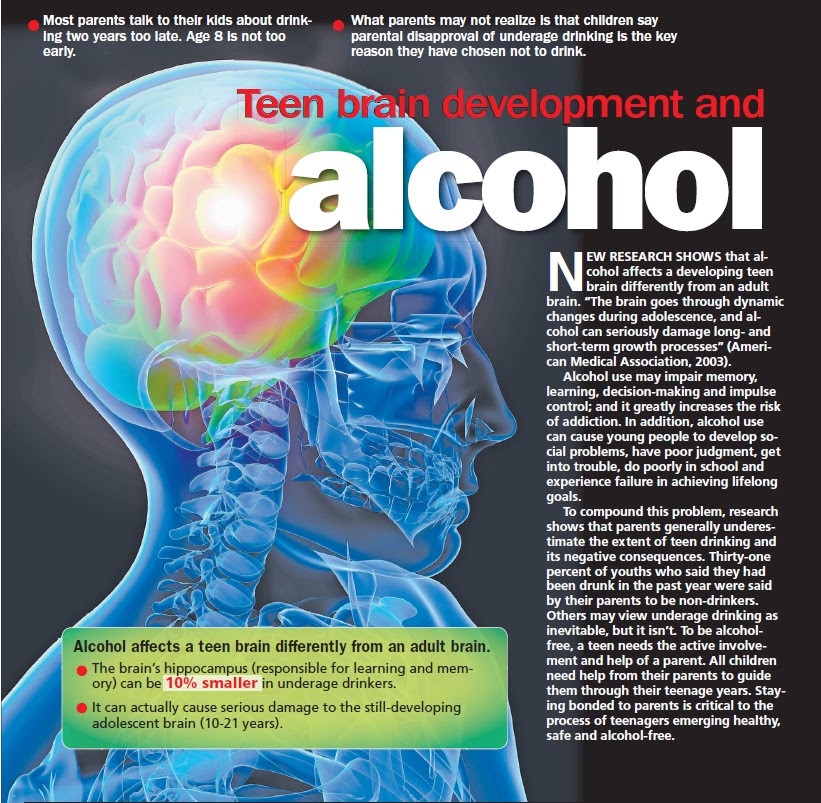 Therefore, it is optimal to calculate the dose of tablets in relation to your weight.
Therefore, it is optimal to calculate the dose of tablets in relation to your weight.
Treatment with folk remedies
Remedies for insomnia after drinking can also be used folk remedies. A variety of folk methods have been tested for centuries, and they work. The main advantage is safety and ease of use. In particular, one can use decoctions and tinctures of medicinal herbs with high therapeutic efficacy. Well calm and stabilize the work of the nervous system such herbs as:
- Motherwort;
- Valerian;
- Melissa;
- Peppermint.
Herbs can be used individually or mixed together. Decoctions or tinctures are usually made from them, which are good for relieving stress, irritation, and fatigue. A simple cucumber pickle helps to recover from a hangover, stabilizing water-salt balance in the human body. St. John's wort tea helps to improve well-being. This drink allows you to eliminate insomnia and establish a healthy sleep.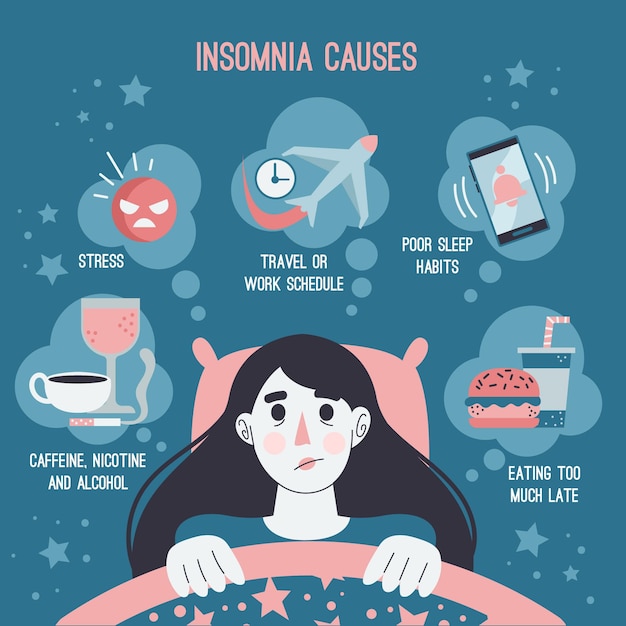
Among other things, St. John's wort contains active ingredients that activate and stimulate cerebral circulation. Also, a simple black tea with sugar and a slice of lemon relieves a hangover. Attention should be paid to the organization of proper nutrition, eating foods high in vitamin C, retinol, vitamin A, tocopherol such as:
- Oranges;
- Tangerines;
- Lemons;
- Rosehip;
- Blackcurrant;
- Carrot.
Metabolism is improved by the consumption of fish, vegetable, weak meat broths. Separately, it must be said about what drugs you should not drink when drinking heavily. It is strictly forbidden to use drugs such as Phenazepam or Tazepam, which are powerful tranquilizers. Without the appointment of the attending physician, you can not consume sedative medications. These are Sebazon, Relanium, Nozepam, Elenium. Caution use preparations containing phenobarbital (Valoserdine or Corvalol).